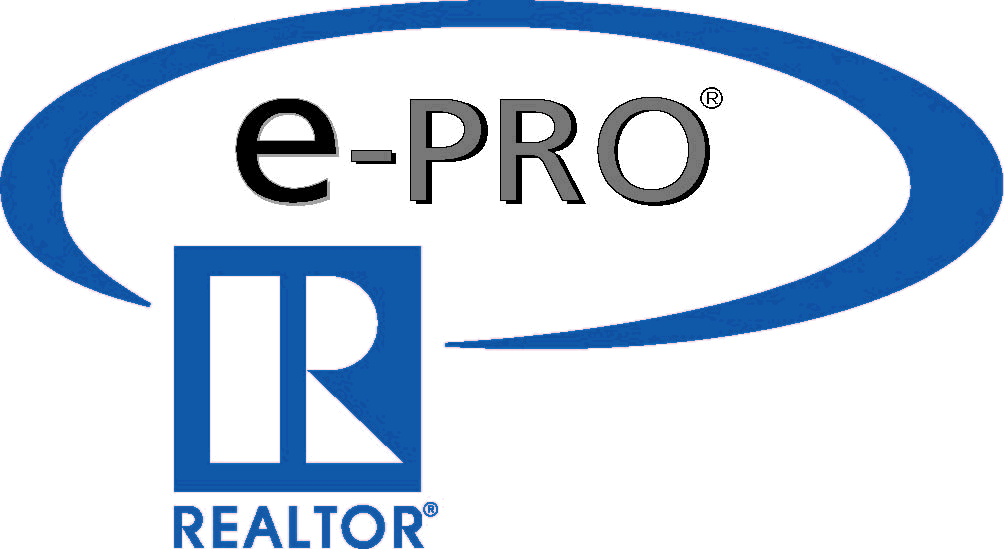Buyers: How to Choose a REALTOR®
Not all agents or brokers are REALTORS® - there is a difference.
As a prerequisite for selling real estate, real estate professionals must be licensed by the state in which they work, either as an agent/salesperson or as a broker. Before a license is issued, minimum standards for education, examinations and experience, which are determined on a state-by-state basis, must be met. After receiving a real estate license, most agents join their local board or association of REALTORS® and the National Association of REALTORS® (NAR), the world's largest professional trade association. They can then call themselves REALTORS®.
The term "REALTOR®" is a registered collective membership mark that identifies a real estate professional who is a member of NAR and who adheres to its strict Code of Ethics (which in many cases goes beyond state law). In most areas, it is the REALTOR® who shares information on the homes they are marketing, through a Multiple Listing Service (MLS). Working with a REALTOR® who belongs to an MLS will give you access to the greatest number of homes.
What Are an Agent’s Obligations to You?
A real estate agent is bound by certain legal obligations. Traditionally, these common-law obligations are to
put the client's interests above anyone else's
keep the client's information confidential
obey the client's lawful instructions
report to the client anything that would be useful
account to the client for any money involved
A REALTOR® is held to an even higher standard of conduct under the NAR’s Code of Ethics.
In recent years, state laws have been passed setting up various duties for different types of agents. When you first start working with a REALTOR®, ask for a clear explanation of your state's current regulations, so that you will know where you stand on these important matters.









